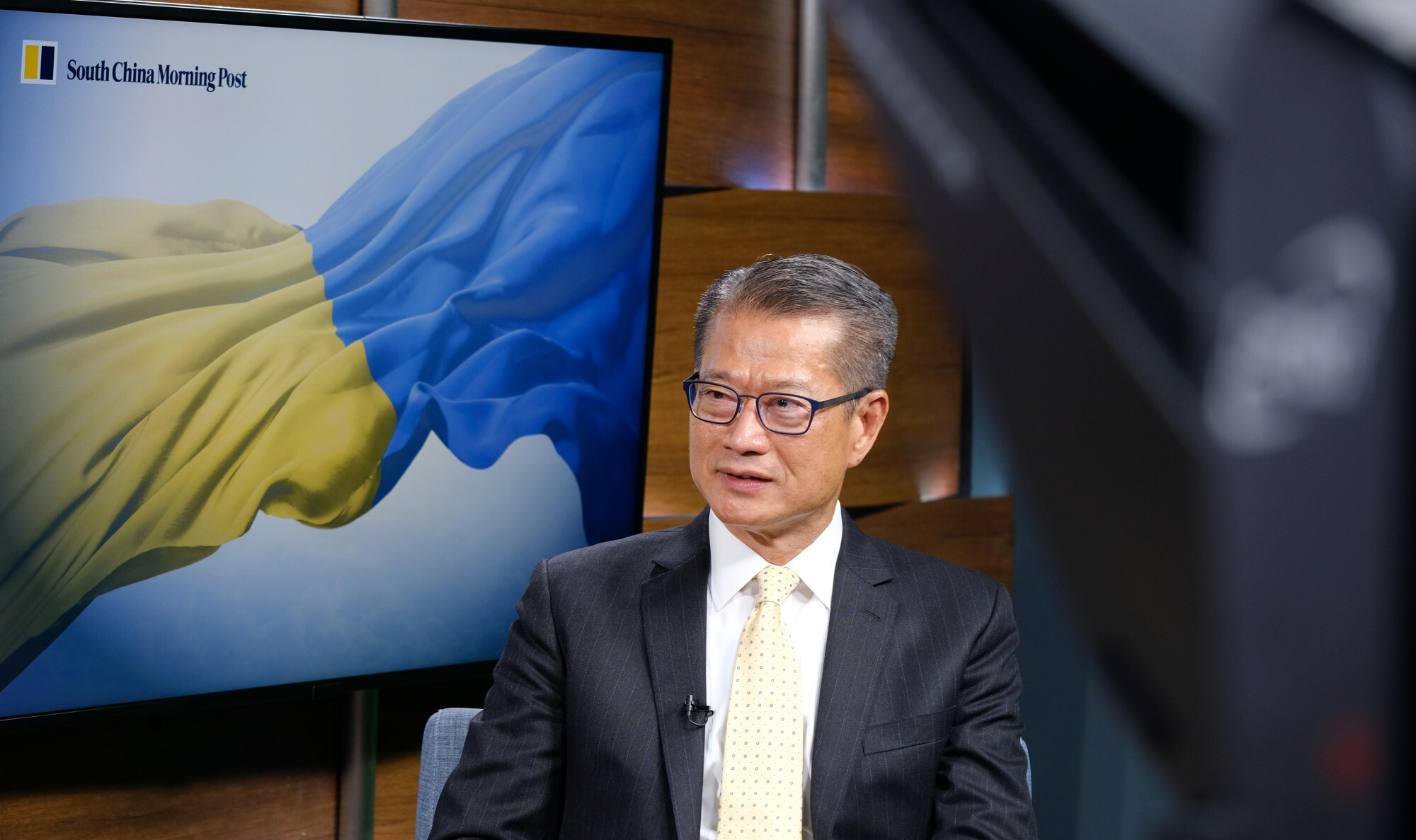
Hong Kong has ‘no basis to exist’ as a special region without Chinese constitution’s authorisation, finance chief Paul Chan warns
- Financial Secretary Paul Chan’s comments echo those of Beijing’s top official in Hong Kong the previous day
- Chan calls national constitution the ‘fundamental law’, with supreme status and effect
Hong Kong would have “no basis to exist” as a special region of China without the authorisation of the national constitution, the city’s finance chief warned on Sunday, saying the country’s socialist system had to be respected and the Communist Party’s leadership upheld.
Financial Secretary Paul Chan Mo-po’s comments echoed those of Beijing’s top official in Hong Kong the previous day, that without recognising the constitution’s supreme status, it was as though one had forgotten “how the Hong Kong Special Administrative Region came about”.
Luo Huining, head of the central government’s liaison office in the city, made the remarks during a Constitution Day seminar on Saturday.

Writing on his blog on Sunday, Chan called the constitution the “fundamental law”, with supreme status and effect. He said it recognised socialism as China’s fundamental system and the party’s leadership as the most natural feature of the country.
“In other words, without the authorisation of the national constitution, there would be no one country, two systems and Basic Law. Nor would there be the establishment of Hong Kong as a Special Administrative Region, let alone the stable transition and return of sovereignty during the handover,” Chan wrote, referring to 1997 when Britain handed the city back to China.
“From the perspective of the national constitution, upholding Hong Kong’s constitutional order would involve respecting the country’s socialist system and upholding the leadership of the Chinese Communist Party. Or else, the Special Administrative Region would not have a basis to exist.”
Beijing’s representative in Hong Kong stresses constitution’s supremacy
The financial secretary added that under the protection of the constitution and Basic Law, Hong Kong would “be able to find its dream in the Chinese dream”, a term used by President Xi Jinping to describe his ambition to turn China into a dominant power.
Luo, the liaison office chief, on Saturday tasked the city with “further implementing” safeguards for national security, and said Hong Kong had a bright future as long as residents respected the Chinese system and political power was firmly in the hands of “patriots”.
“Failing to recognise the constitution’s supreme status in Hong Kong and disrespecting the leadership of the Chinese Communist Party is to forget how the Hong Kong Special Administrative Region came about,” Luo said, when speaking at a seminar co-organised by his office and the government to mark the 39th anniversary of China’s adoption of the constitution.
Luo added such dismissive attitudes could be deemed a denial of the constitutional basis of one country, two systems.
Hong Kong Legco candidates’ simple slogans, brief statements show ‘lack of effort’
The opposition camp has boycotted the election, viewing Beijing’s move as a way to stifle dissent, while most of its key figures have been jailed, hamstringing its ability to run.


